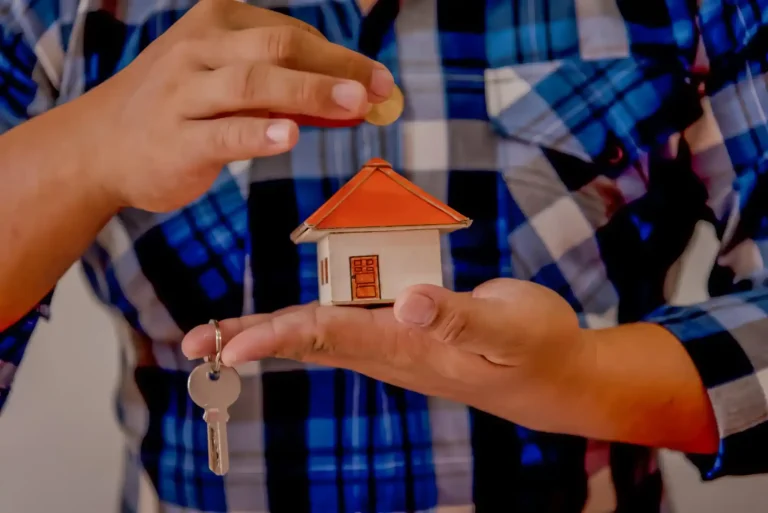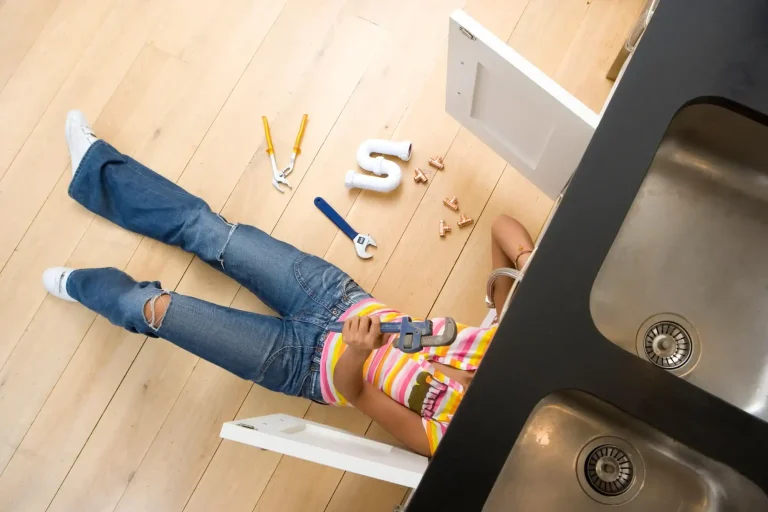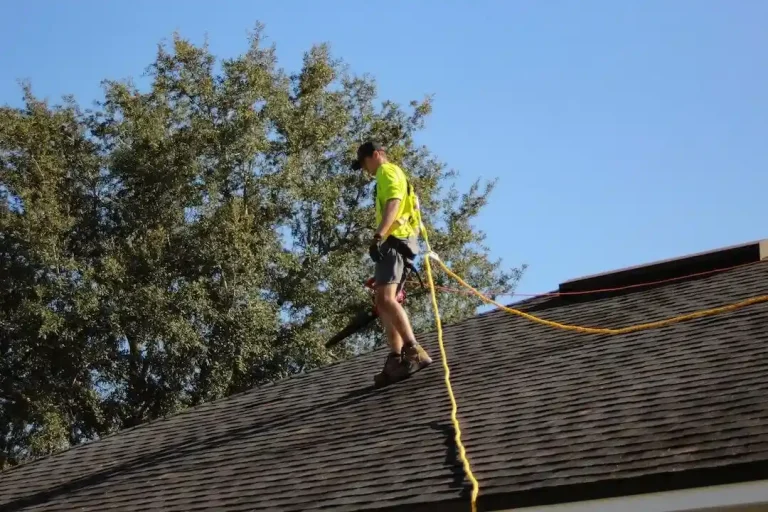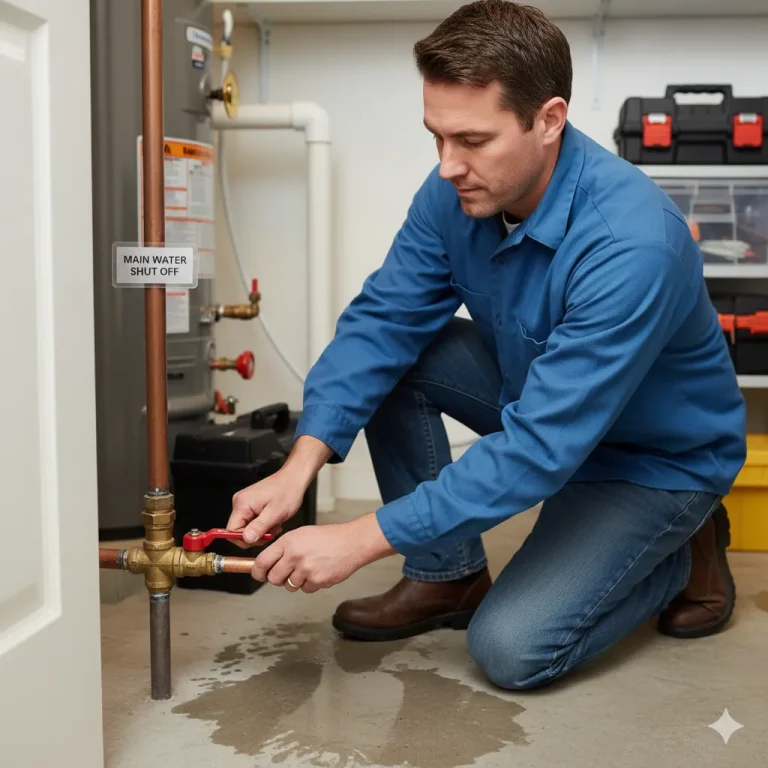How to Prevent Household Allergens with Regular Duct Cleaning
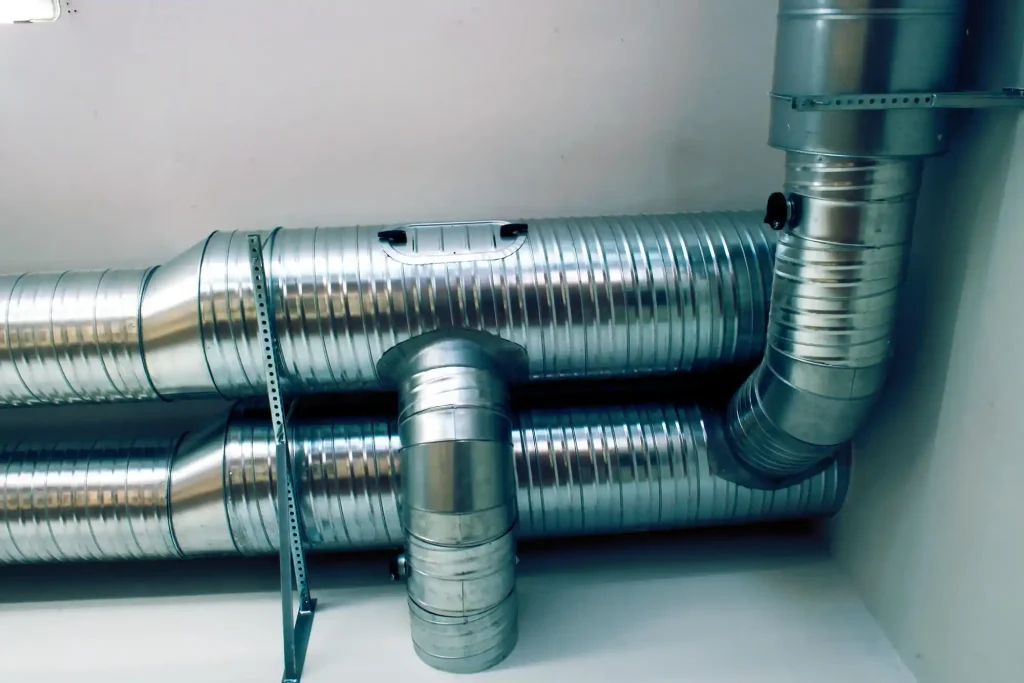
How often do you think about the air moving through your home?
Dust, pollen, pet hair, and other small particles can build up inside air ducts and spread every time the system runs. These hidden allergens may cause sneezing, itchy eyes, or breathing trouble without you knowing the source.
By keeping ducts clean, the air inside the house stays fresher and safer. A simple step like duct cleaning can make a big difference in comfort and health. Want to know how to stop allergens from taking over your home? Let’s read on.
Schedule Regular Duct Cleaning
Dust, pet hair, pollen, and other tiny particles often collect inside air ducts without being noticed. Each time the air system runs, these hidden allergens can spread through the house and affect breathing comfort.
Regular cleaning helps stop buildup and keeps the air inside fresher and healthier. Many people notice fewer allergy symptoms when ducts stay free of heavy dust. It is best to plan a cleaning every few years, or sooner if signs of dirt or musty smells appear.
A set schedule also makes it easier to stay ahead of problems before they get worse. For trusted care and lasting results, many homeowners turn to services like Top Class Dryer Vent Service.
Change Air Filters Often
Air filters catch dust, pollen, and other tiny bits before they move through the house. If a filter gets full, it cannot block these things anymore. A dirty filter can also make the system work harder, which uses more power.
Clean filters keep the air fresh and help lower allergy problems. Most filters should be replaced every one to three months, but this can change if there are pets, heavy dust, or lots of system use.
By making this small task a habit, you keep the air easier to breathe and the system running well. Changing filters often is one of the simplest ways to stop allergens from spreading in the home.
Use High-Quality Filters
Some filters only catch big pieces of dust, while better ones can block tiny bits like pollen, pet hair, and mold. A strong filter stops more allergens from moving through the air in the house.
This means cleaner air and less stuff that can cause sneezing or itchy eyes. Good filters also last longer before they need to be changed, making them worth the cost.
Homes with pets or family members who have allergies can see a big improvement with better filters. Picking this small upgrade is an easy way to keep the air safer to breathe and help everyone feel confident about the air in the home.
Vacuum Vents and Registers
Air passes through vents and registers every time the system runs, and dust often settles on these spots. If left alone, that dust can get pulled back into the air and spread through the house.
Using a vacuum with a brush attachment makes it easy to clean around these areas and stop buildup. Wiping with a damp cloth can also help remove sticky dirt or pet hair.
Doing this task often keeps the air path clear and helps reduce allergens moving around inside. It is a simple step that takes only a few minutes but makes a big difference in keeping the air fresh and easier to breathe for everyone in the home.
Control Indoor Humidity
Wet air in the house can make it easy for mold, dust mites, and other allergens to grow. If the air feels damp or sticky, it can also cause breathing problems and even harm walls or furniture.
Keeping the air steady and not too wet makes the home safer and more comfortable. A dehumidifier or air conditioner can help lower extra moisture in places like basements or bathrooms.
Turning on a fan while cooking or showering can also stop steam from building up. By keeping the air balanced, it is harder for allergens to spread, and the home stays cleaner and easier to live in.
Seal Leaks in Ducts
Small cracks or holes in air ducts can let dust, dirt, and other allergens slip inside. Once these particles get in, they can travel through the system and spread around the home.
This can make the air less clean and may even cause higher energy use since the system has to work harder. Sealing leaks helps stop unwanted dust from entering and keeps the air moving safely through the right path.
Tape made for ducts or special sealant can often fix small leaks. Larger gaps may need more repair, but the result is cleaner air and a stronger system. By closing these openings, the home stays healthier and the air is much easier to breathe each day.
Keep Floors and Furniture Clean
Dust, pollen, and pet hair often settle on floors, rugs, and furniture. If not cleaned, these particles can get stirred up into the air and spread around the home. Regular cleaning helps lower the amount of allergens that move from surfaces into the air system.
Vacuuming carpets and rugs, wiping hard floors, and dusting furniture are simple steps that make a big difference. Using a vacuum with a good filter can trap more dirt and stop it from escaping back into the room.
Washing bedding, curtains, and soft fabrics also helps keep allergens from building up. By keeping surfaces clear of dust and dirt, the home feels fresher, the air stays cleaner, and daily life becomes more comfortable.
Limit Indoor Pollutants
Strong smells, smoke, and harsh chemicals can add to the allergens already moving through the air. These pollutants may settle on surfaces or flow into the air system, making breathing harder for people with allergies. Simple choices can help lower these problems.
Avoid smoking indoors, as smoke lingers long after it is gone. Pick cleaning products with fewer chemicals or use natural options like vinegar and baking soda.
Burning candles or incense can also add particles to the air, so it helps to use them less often. By cutting down on indoor pollutants, the home air stays cleaner and safer to breathe.
Breathe Easier with Cleaner Air
Keeping ducts clean and following simple steps to reduce allergens can make a big difference in daily comfort. With less dust, pollen, and other particles moving through the air, breathing becomes easier and the home feels fresher.
Small habits, like regular care and mindful cleaning, help create a safer living space. A little attention goes a long way toward protecting health and enjoying cleaner air every day.
Did you find this article helpful? Visit our website for more awesome content like this!


